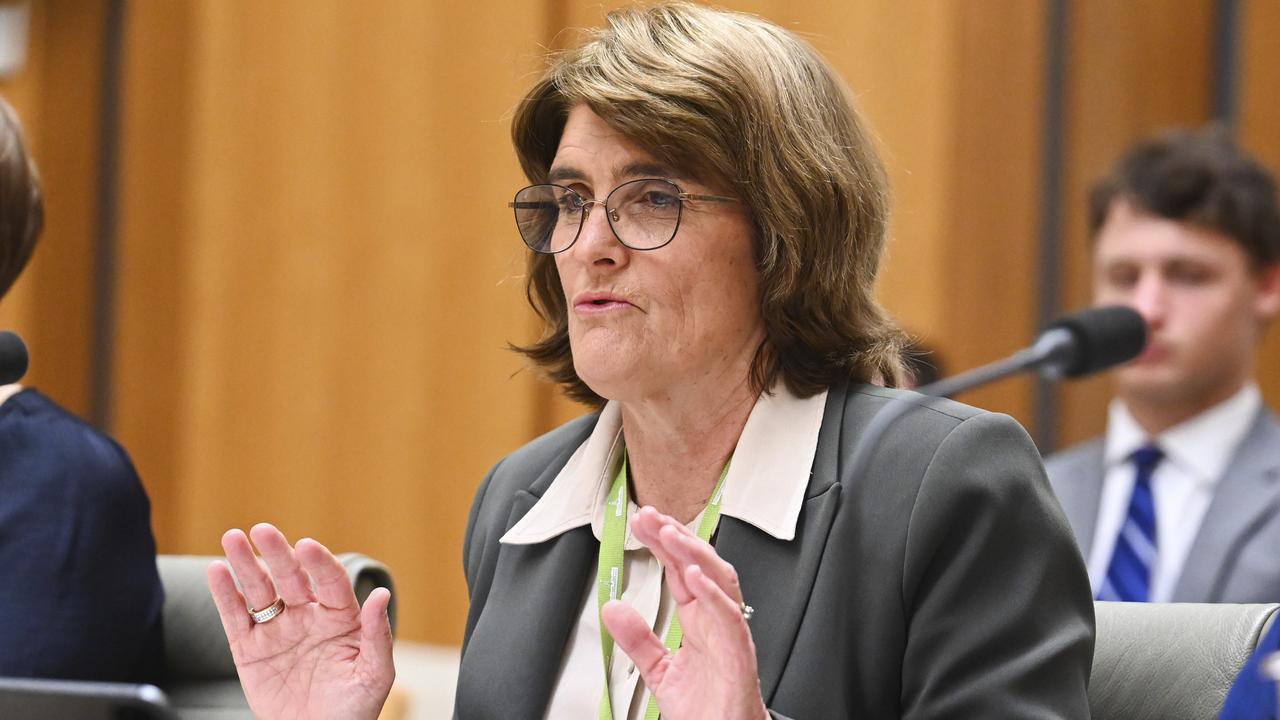‘Mediocre’: Accountant reveals why $100,000 a year isn’t enough anymore
Making $100,000 a year used to be a kind of salary holy grail for a lot of Aussies, but the country’s cost-of-living crisis has changed that completely.
Full-time accountant Sidharth Sondhi has been hit hard by the country’s rolling cost-of-living crisis and says a $100,000 salary is “mediocre these days,” as price rises and interest rates eat into his buying power.
He can work multiple jobs to hit the $100,000 marker, he said, but it’s a struggle.
“I don’t make six figures from accounting,” he said.
“I can probably make six figures if I stretch my working capacity and if I work every weekend.
“A few years ago, a $100,000 salary was considered a high-income, but with the current rate of inflation, a $100,000 salary is just mediocre these days.
“The sad part is that low to middle-income earners have been hit the hardest by the cost of living crisis.
“In today’s economy, it’s increasingly difficult for someone on a low income to afford a home, especially with skyrocketing house prices.”

New analysis from finance comparison website Money.com.au suggests a worker earning $90,000 a year on a full-time salary at the start of the cost-of-living crisis from mid-2021 would now need to earn $107,730 to have kept up with inflation.
A worker on $70,000 a year would need to lift to $83,790 to match inflation, which amounts to a yearly $4,596 pay rise from mid 2021 to mid 2024.
“Increasing living expenses and mortgage repayments are forcing many Australians to work extra hours just to continue putting food on the table and keep a roof over their head,” Money.com.au finance expert Sean Callery said.
“There has been some relief in the form of higher interest rates on savings, energy rebates and the tax cuts filtering through from July 1 this year, but overall the picture has been fairly grim.
“Higher wage growth has more recently helped people catch up to an extent, but the damage was really done a couple of years ago when annual inflation was running much higher

“Inflation has since come down but the process of getting there has been particularly painful for mortgage holders.
“They’ve been hurt by the cost of living crisis itself and are also getting walloped by the Reserve Bank’s solution to it.
“Those higher interest rates are really stinging and a cut can’t come soon enough for a lot of people.”
The Reserve Bank of Australia lifted its cash rate from 0.1 per cent in May 2022 to 4.35 per cent in November 2023 to tame rising inflation in the economy.
The consumer price index increased by 19.7 per cent from mid 2021 to mid 2024, Money.com.au said, meaning the price of everyday goods and services have increased by about 19.7 per cent.
“Wage growth has increased by only 12.2 per cent in the same period, the website states, meaning the average Australian has lost 7.5 per cent of their purchasing power.




